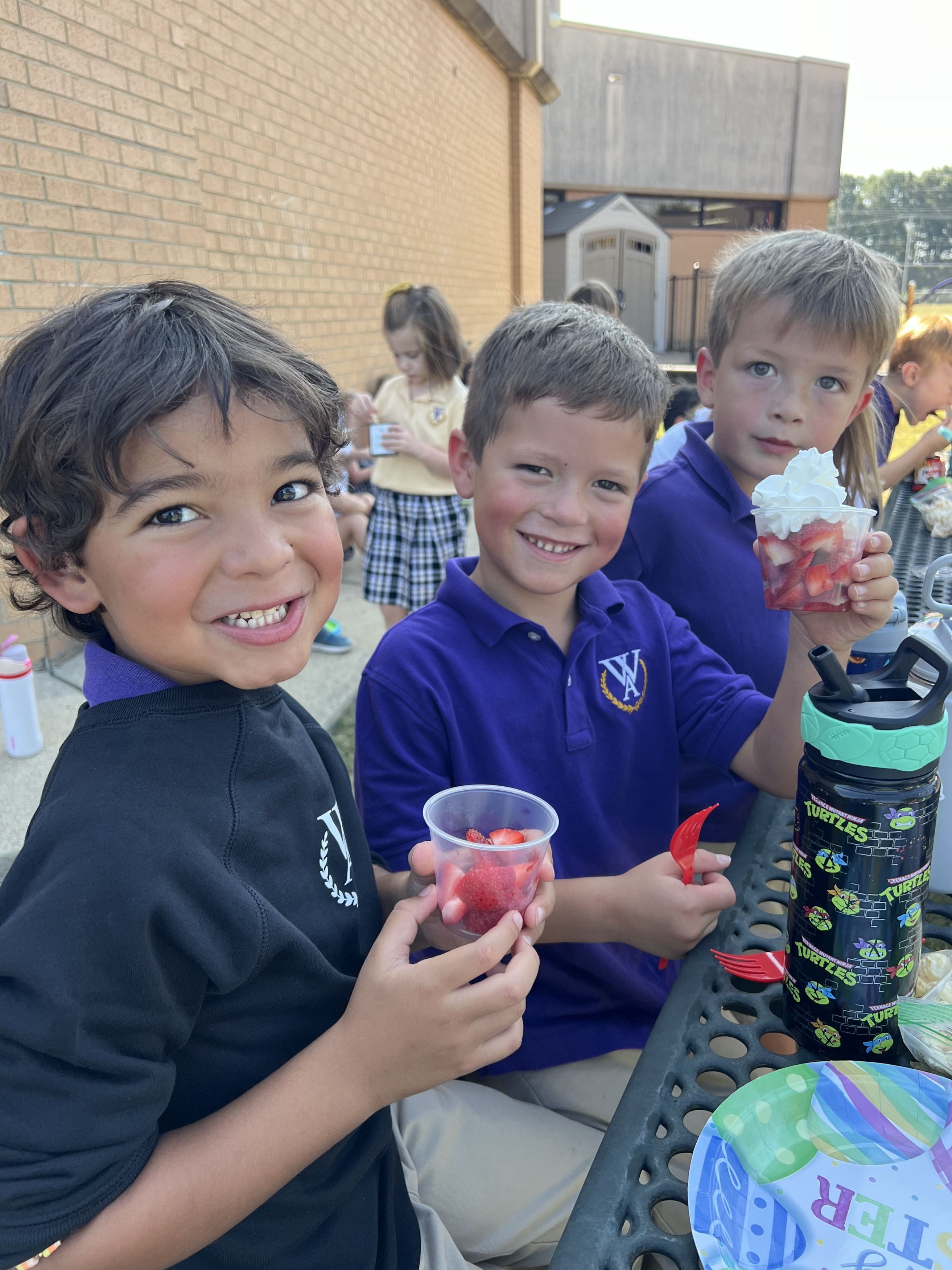 Junior Kindergarten & Kindergarten
Junior Kindergarten & Kindergarten
at Westminster Academy
Starting school is a significant milestone in a child's life, and it's natural for parents to have mixed feelings about this exciting new chapter.
At Westminster Academy, we understand that play is the work of our youngest students. In our Junior Kindergarten and Kindergarten classrooms, our teachers and staff appreciate the innate curiosity of children and create an environment that nurtures a variety of learning styles. Our highly-qualified teachers love learning and the Lord, and they are passionate about fostering these loves in their students' hearts and minds.
We offer a half-day academic program for both our Junior Kindergarten and Kindergarten (8 am-12pm). Students learn fine arts, scripture, language arts, and math while also engaging in art, music, messy play, and sensory exploration. Extended enrichment options are available until 3 pm with aftercare extending until 5:30 pm daily.
Join us at 9 am on the first Friday of each month from September - May for our First Friday Fun community playtime!! Children will enjoy a variety of crafts and games while parents have an opportunity to socialize. Snacks & coffee will be served.
Our First Friday Fun on Friday, March 7 @ 9 am will also serve as a Junior Kindergarten & Kindergarten Open House. We hope you will join us to learn more about early education at Westminster Academy!
Want to learn more? RSVP today!
Why Come to Westminster?
At Westminster Academy, we want to prepare our students for their future calling, and not just to pass a test. Our goals differ from most schools today, with an emphasis on the arts, humanities, and Scripture. We want our students to understand that all truth is God’s truth and it is impossible to learn about anything without the Scriptures at the center of our subjects. This philosophy is reflected in the way we teach our curriculum from JK all the way through graduation.
Westminster Academy…
Christ-centered education
Education for formation
Development of critical thinking – “Why?”
Emphasis on the true, good, and beautiful
Integrated interdisciplinary learning
Appreciation of Western Civilization
Latin taught as a core requirement
Humanities and fine arts emphasis
Requires the student to learn how to learn
Mastery as working to one’s fullest potential
Lifelong love of learning as the ultimate goal
Truth is objective, knowable, and absolute
Parents as primary educators
Modern Education…
Man-centered education
Education for information
Development of correct procedures – “How?”
Emphasis on politically correct
Fragmented and disjointed learning
Critique of Western Civilization
Latin as an elective
Techno-rational emphasis
Requires the student to learn how to pass tests
Mastery as measured by test grades
Graduation as the ultimate goal
Truth is subjective, relative, and individual
Teachers as primary educators

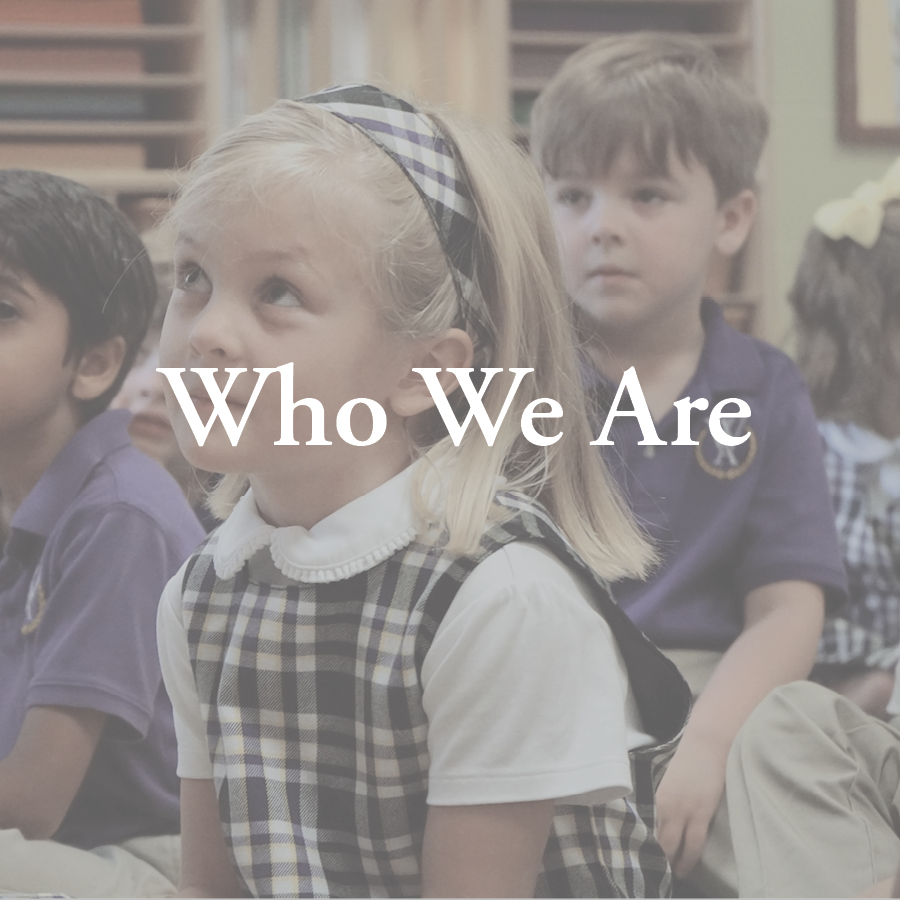
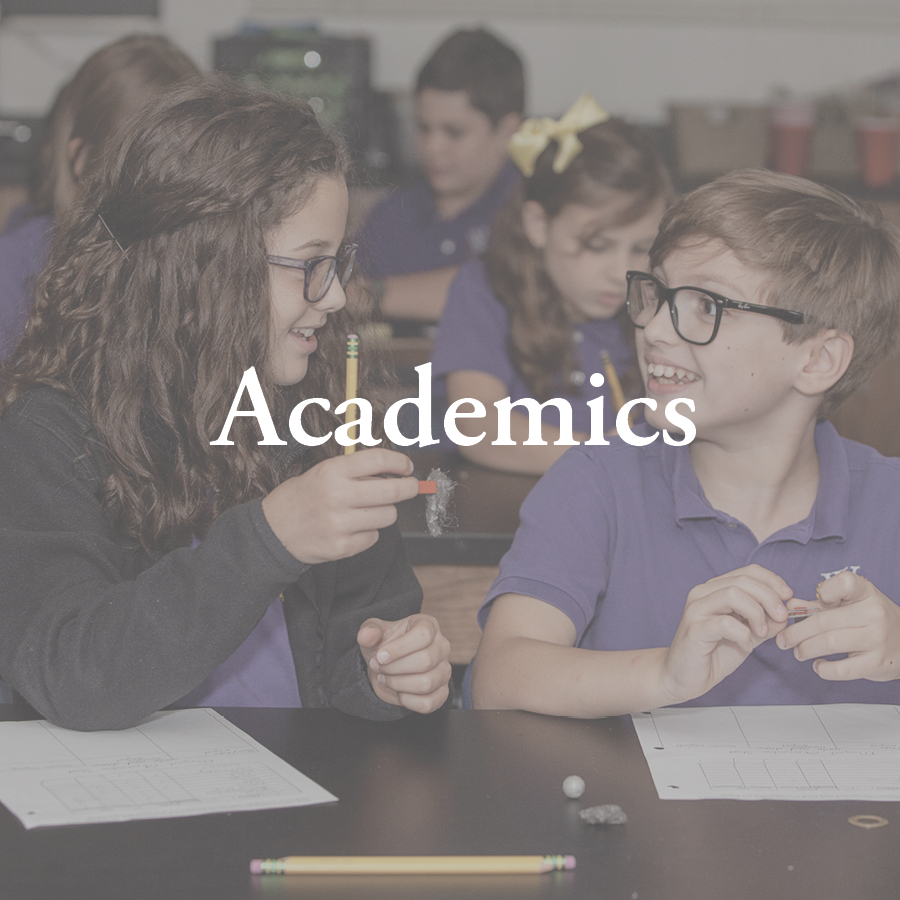
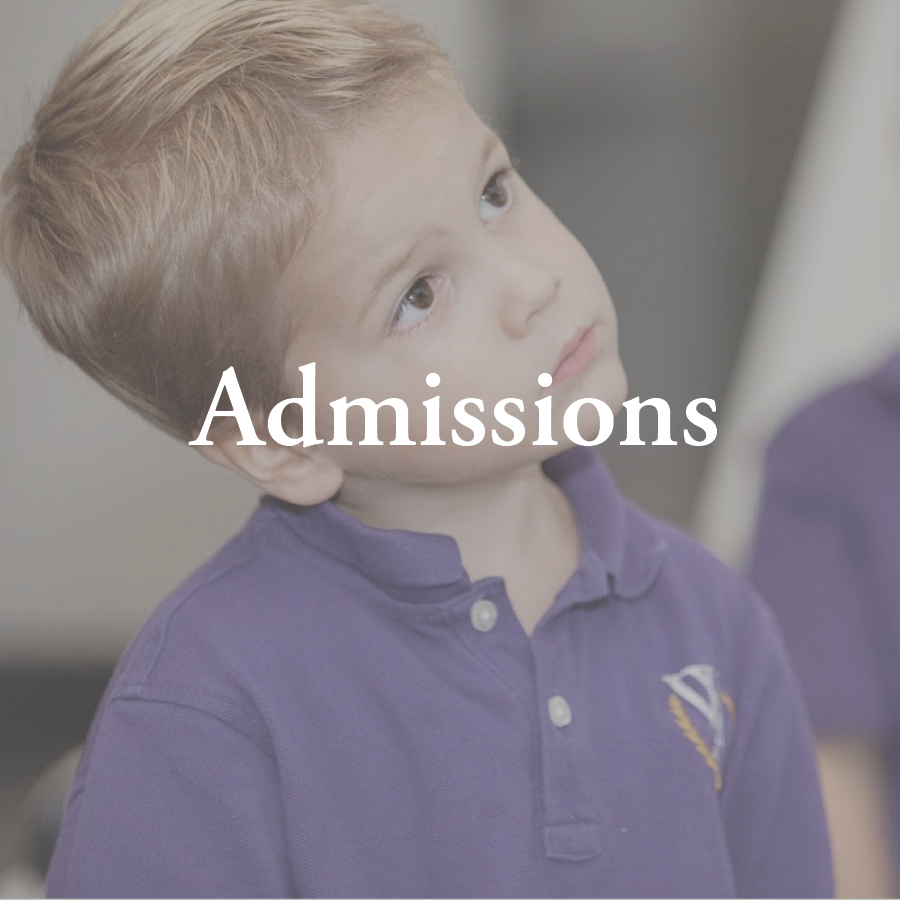
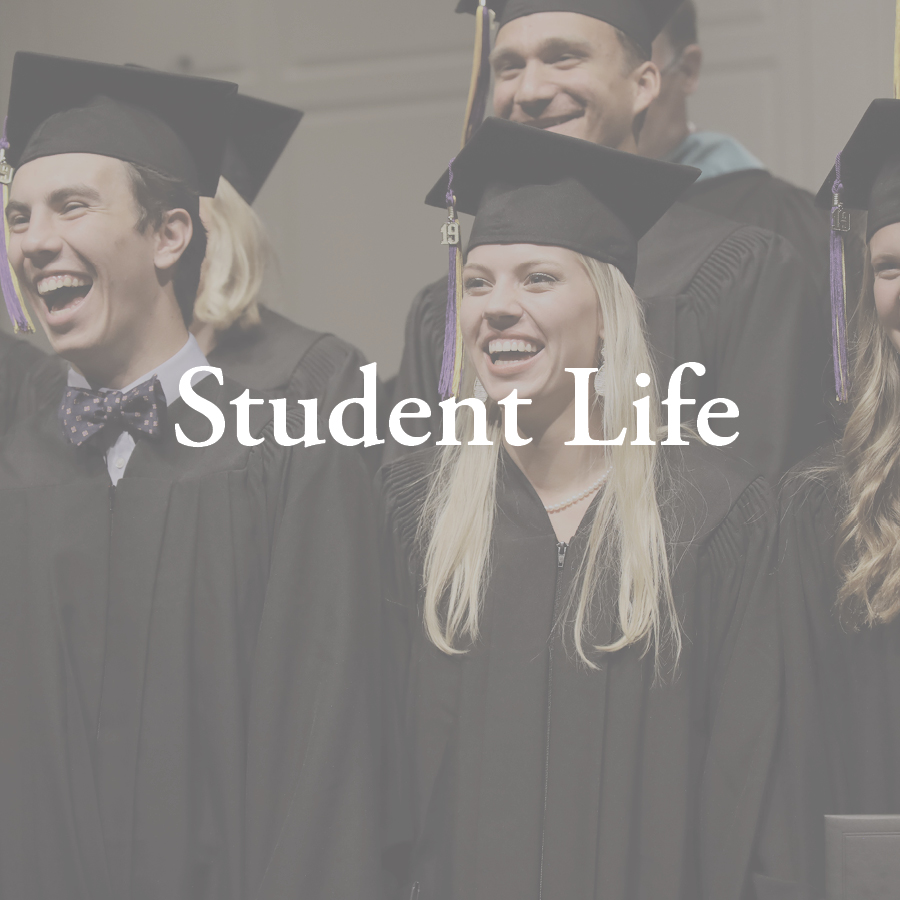
.png)
.png)
.png)
.png)